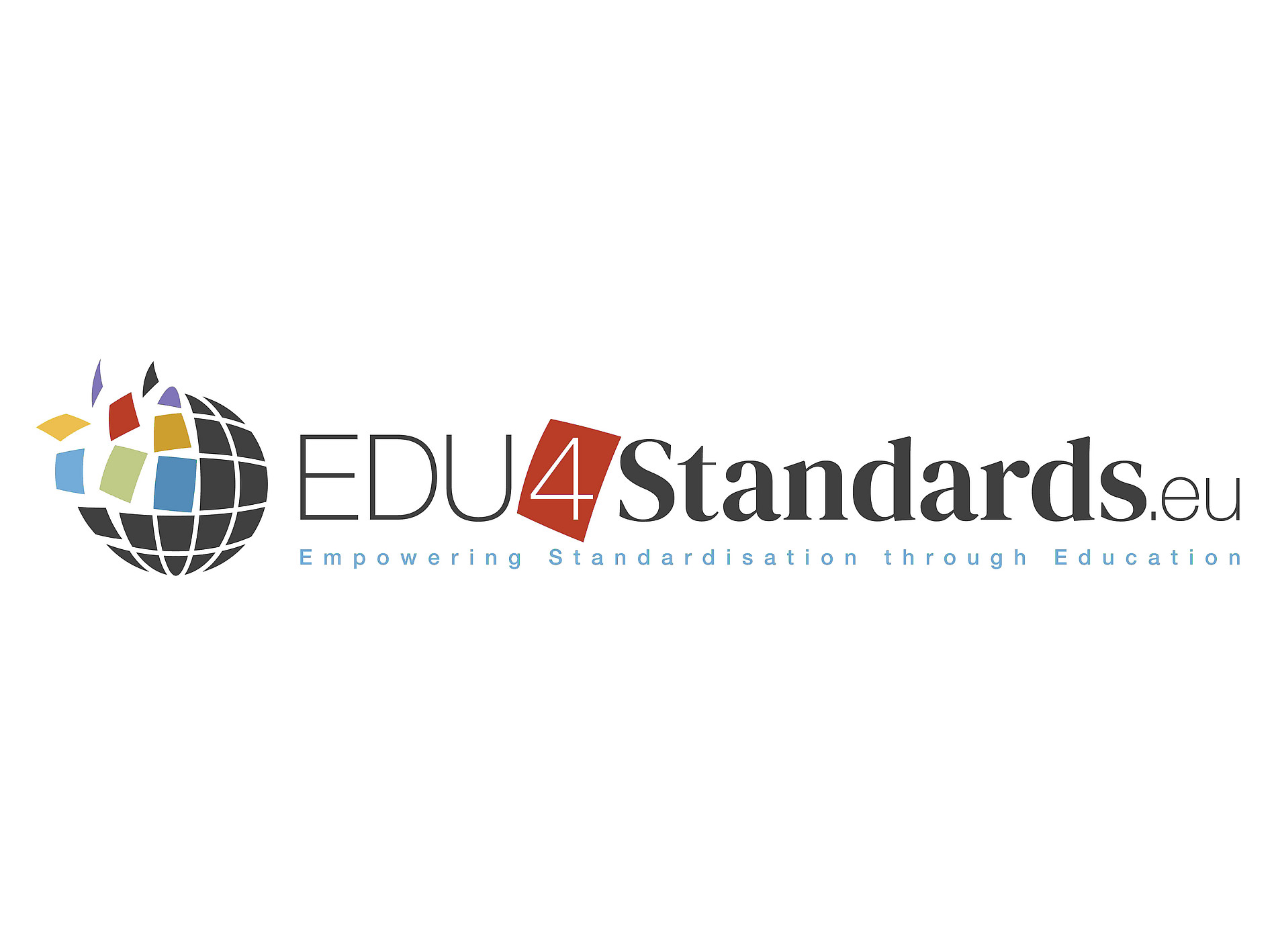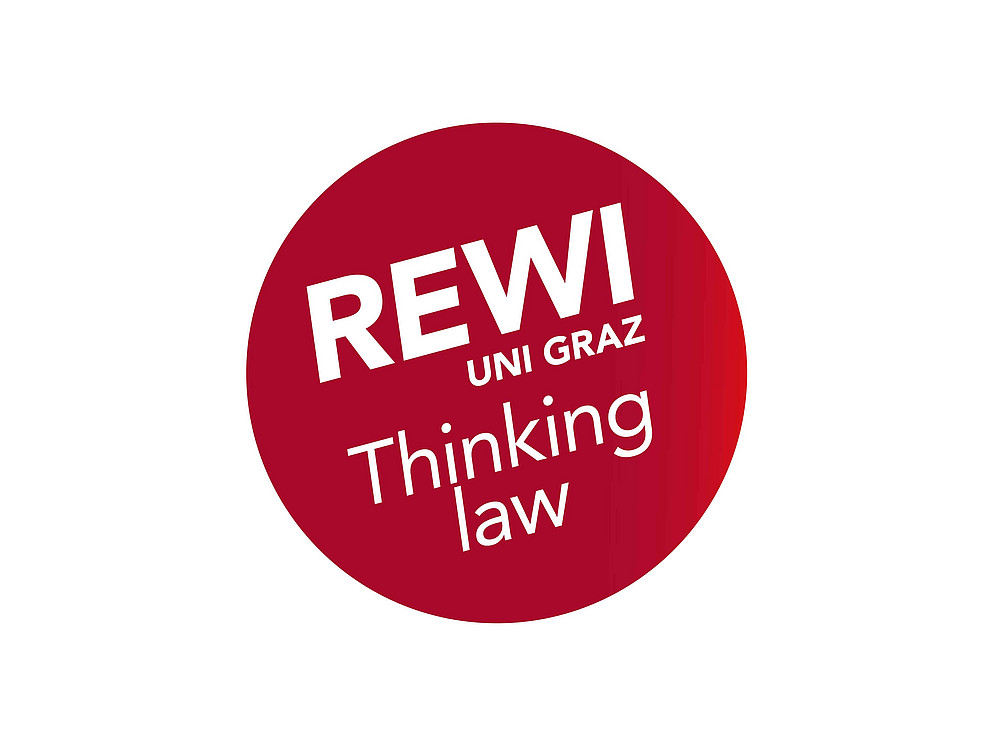
We conduct fundamentally diverse research
The heterogeneity of the Department of the Foundations of Law is reflected in our research areas. The Section of Roman Law is dedicated to the legal discourse of antiquity in all its facets. In the field of legal history, we deal with constitutional, criminal and private law as well as gender issues, the history of integration law and agricultural law. In the Section of Sociology of Law, Legal Policy, Negotiation and Mediation Research (ADR), we conduct research on the theory of law and social justice; climate ethics and climate law; conflict and conflict resolution with and without third parties; legislative theory; gender issues in law as well as family and civil law. The Section of Law and IT deals with legal issues raised by the use of information technology - we research the legal framework of a humane, digital world. The Global Governance Section is dedicated to the international protection of human rights and minorities, conflict transitions and peacebuilding and analyzes integration processes, political systems, constitutions and the rule of law.
Edu4Standards
Edu4Standards - Education for Standardization in the EU is a HorizonEurope Coordination and Support Action that brings together 18 partners from across Europe to strengthen the EU's expertise in the field of standards. Standards are essential for the efficient development of the digital, data-driven and green economy and for supporting the EU's interests in global markets. Nevertheless, the number of standardization experts in the EU could benefit from a pool of young professionals. Edu4Standards therefore aims to specify the standardization competences needed in the EU, analyse the fragmented teaching landscape and develop an innovative teaching approach to standardization suitable for different study contexts. The REWI Graz team, led by Prof. Staudegger from the Department of the Foundations of Law, will identify which values, green and digital skills are necessary for standardization education and then ensure that these are taken into account in the teaching concept developed by the project.
SERIOUS-GAME AI
Serious game for the participatory use of generative AI (using the example of journalism)
ChaGPT shows how communication is changing through the use of AI. Individuals and organizations are trying to understand the opportunities and risks of this change. Simulation games offer a practical way of assessing the impact of AI. The SERIOUS-GAME AI project thus follows the approach of participatory technology assessment and aims to create understanding for the use of AI. In order to make use of the synergies between science and business, it is being carried out in cooperation between the University of Graz, IDea_Lab and Styria Media Group AG under the project management of Prof. Ferz (media law expertise: Prof. Hödl and simulation game concept: Dr. Thomas Tripold).


